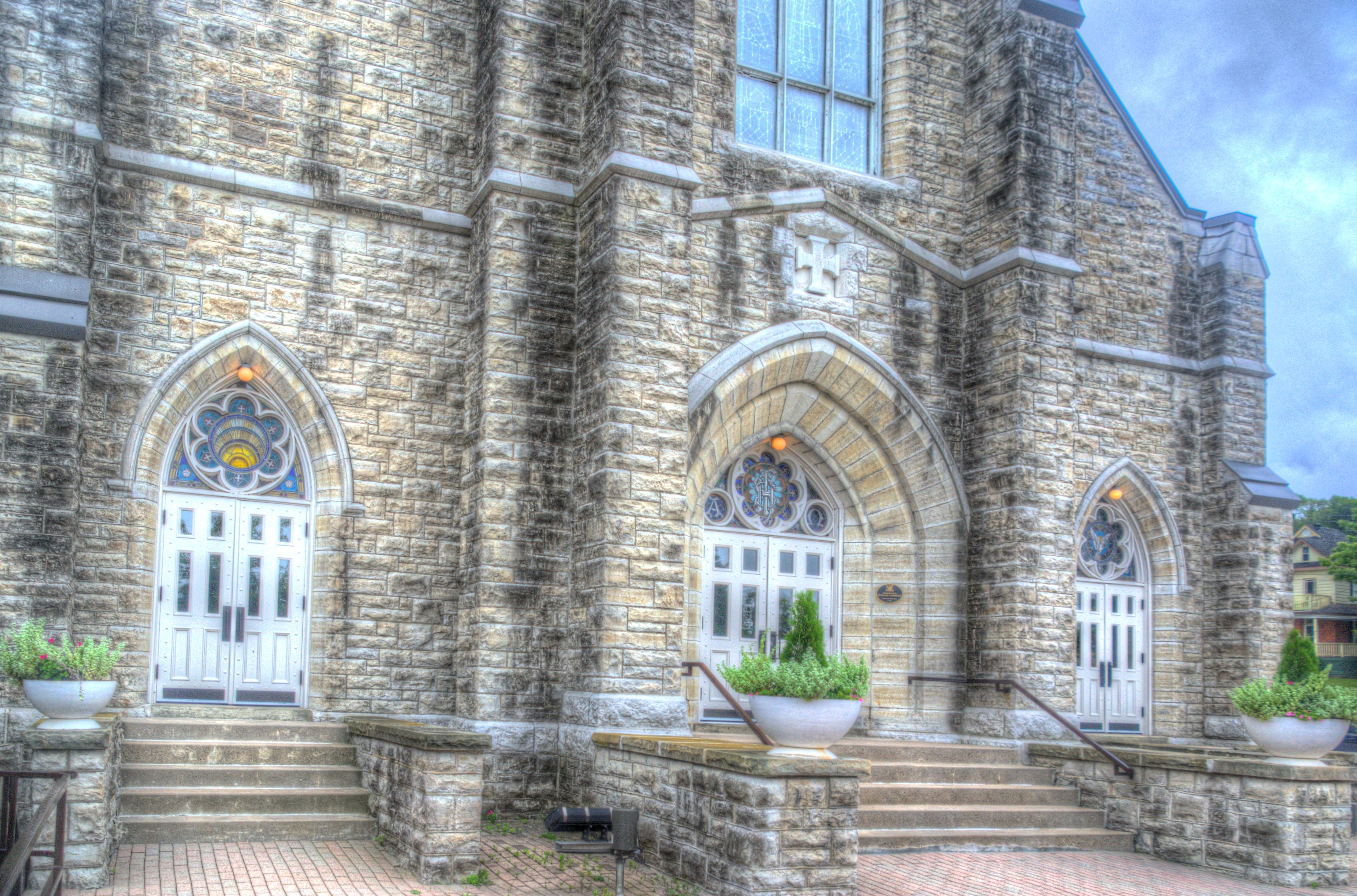- Home
-
Our Community
- Archdiocese of Toronto
- Our History
- St. Margaret's Roman Catholic Cemetery
- Catholic Cemeteries
- Volunteering
- Accessibility
- Safe Environment Policy
- Mass & Confession Times
- Parish Staff
- Office Hours
- Our Catholic Schools
- St. Margaret's Online Gift Shop
- Ash Wednesday & Lenten Obligations
- Lenten Soup & Movie
- Our Faith
- Sacraments
- Parish Life
- Bulletin
- Contact Us
- Search

Reflection for Sixth week of Ordinary Time
Abba
Righteous Father, the world does not know you, but I know you; and these know that you have sent me. I made your name known to them, and I will make it known, so that the love with which you have loved me may be in them, and I in them (John 17: 25-26).
It is a good question to ask ourselves what ideas, words or situations that spontaneously spring up in our mind when we say Our Father who art in heaven… thy will be done? The answer is often surprising. We realize that very often, unconsciously, we connect the Father’s will to everything that is unpleasant and painful; to everything that feels like a trial or requires sacrifice. It is a bit as though God the Father were essentially an enemy of every jubilation, happiness and triumph.
God the Father is seen above all as the Supreme Being, as the Lord of Heaven and Earth. With this view, He has full rights over his creatures, and their first duty as creatures is to recognize and obey him. The Father is therefore seen as the God of the law, as an external entity who imposes himself on the individual from the outside.
The transgression of the law – that is, disobedience to his will – inexorably introduces disturbance in the order he established from all eternity. Consequently, his infinite justice demands reparation: we have to give him something in order to re-establish the order in creation that has been disturbed. Obviously, this reparation will demand a sacrifice.
These practices have allowed so many people to demonstrate their love to God. But there is a risk of falling into a utilitarian religion, of thinking of God as someone to ‘buy off’. All of this is based on the assumption that the relationship with God depends on human beings. We can’t present ourselves to the Father empty-handed; we have to have something to give him. It is almost like God is a vending machine – we put a coin in and then we have the ‘right’ to an exchange.
Unfortunately, if we get nothing, if we don’t get a response, then there is frustration, disappointment and even rebellion.
The true face of the Father as revealed by Jesus is completely different from this perception. Even in the Old Testament, God the Father didn’t begin by expounding a teaching people a lesson on his own identity. Instead, He established a bond with them. God the Father committed himself to an adventure alongside his people. The Chosen People draw near to him by entering into a relationship of love that touches and engages their whole lives.
In the incarnation of the Son of God, Jesus, have revealed the Father not only as the God of the covenant with human beings but also as the One who invites us to enter into the very heart of this mystery. Through Jesus, God the Father manifests himself as the One whose innermost being is an eternal relationship of love.
We customarily begin our prayers with, In the name of the Father, and of the Son, and of the Holy Spirit. That is how our baptisms were conferred. We became Christians in the name of the Father, and of the Son and of the Holy Spirit. We are saved in the name of the Triune God. This is also how we are to live daily – in the name of the Father, of the Son and of the Holy Spirit.
We are called to enter into God’s name, to enter into the bond of love between the Father and the Son. The gospel is nothing but the recorded revelation of all these movements of love. Our lives are the daily adventures of these relationships that are ‘made concrete’ in each person’s everyday routine.
So, we are to ask ourselves: what idea, sentiment or image of the Father is engraved in my heart – the distorted image or the true face as revealed by Jesus.
Grace and peace, Fr. Roselle
